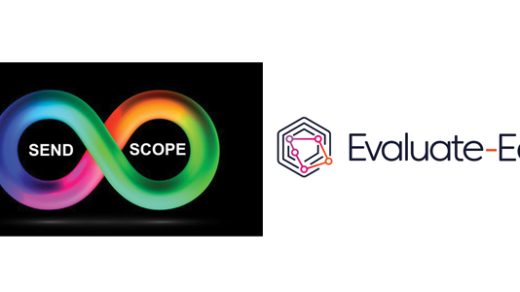New report reveals how science empowers pupils

Teaching scientific words that have another meaning in everyday life and showing how they can be used in different contexts can support primary school pupils’ science attainment, according to a new report.
The first recommendation from the Education Endowment Fund’s report outlines how primary science teachers can support pupils to develop their scientific vocabulary– focusing particularly on words that have another meaning in everyday life, like attract, repel, pole and force.
The report also highlights the importance of teaching words that are common across several areas of science, and those that are specific to a particular topic.
The recommendation encourages teachers to plan when and how new terms and their definitions will be explicitly taught, as well as creating opportunities for repeated engagement with – and use of – new words over time. It also suggests building in opportunities to reinforce pupils’ science-specific vocabulary through spoken language, reading and writing.
The report, underpinned by a systematic review of the best available international evidence around effective primary science teaching practice, outlines six actionable recommendations to support teachers and school leaders to make improvements to their existing science provision. These include guiding pupils to work scientifically, and relating new learning to relevant, real-world contexts.
Each recommendation begins with a scenario that outlines a possible challenge faced by teachers, and includes models, worked examples and suggestions around what might work in the classroom.
A second recommendation highlights the importance of science teachers creating opportunities for pupils to explain and justify their thinking in science lessons, whether verbally or in written form. It adds that strategies that cultivate children’s reasoning and justification, such as using concept cartoons and peer discussions, can encourage them to recall, organise, and express their ideas – refining their understanding.
This report is the latest in a suite of EEF guidance reports that provide practical, evidence-based advice for improving key areas of teaching and learning, including feedback, professional development, and mathematics.
The EEF’s national Research Schools Network said it will work to help local schools in their region to build on the recommendations in today’s report and provide implementation support with further training and resources.
Professor Becky Francis CBE, chief executive of the Education Endowment Foundation, said: “Primary school teaching plays a crucial role in shaping pupils’ attitudes towards science, nurturing participation that can support future pathways into STEM fields.
“It is crucial that early science teaching empowers all children, regardless of their background, to engage fully with science learning, equipping them with the knowledge they need to access opportunities in later life.
“We hope that this report supports all staff responsible for science teaching to reflect on their current practice and identify and implement approaches that might better support learning in their school.”
Mikaela Moore, director of learning of primary science for Delta Academies Trust and primary lead for SLP South and East Yorkshire, said: “This new report is a reassuring and empowering read of what high-quality primary science teaching can look like.
“The recommendations clearly highlight the importance of supporting young pupils to work scientifically, as well as developing their scientific vocabulary – which is great to see.
“I will definitely be trying out some of the strategies recommended around supporting pupils to explain their thinking, as this is a key priority for moving my practice forwards.”






